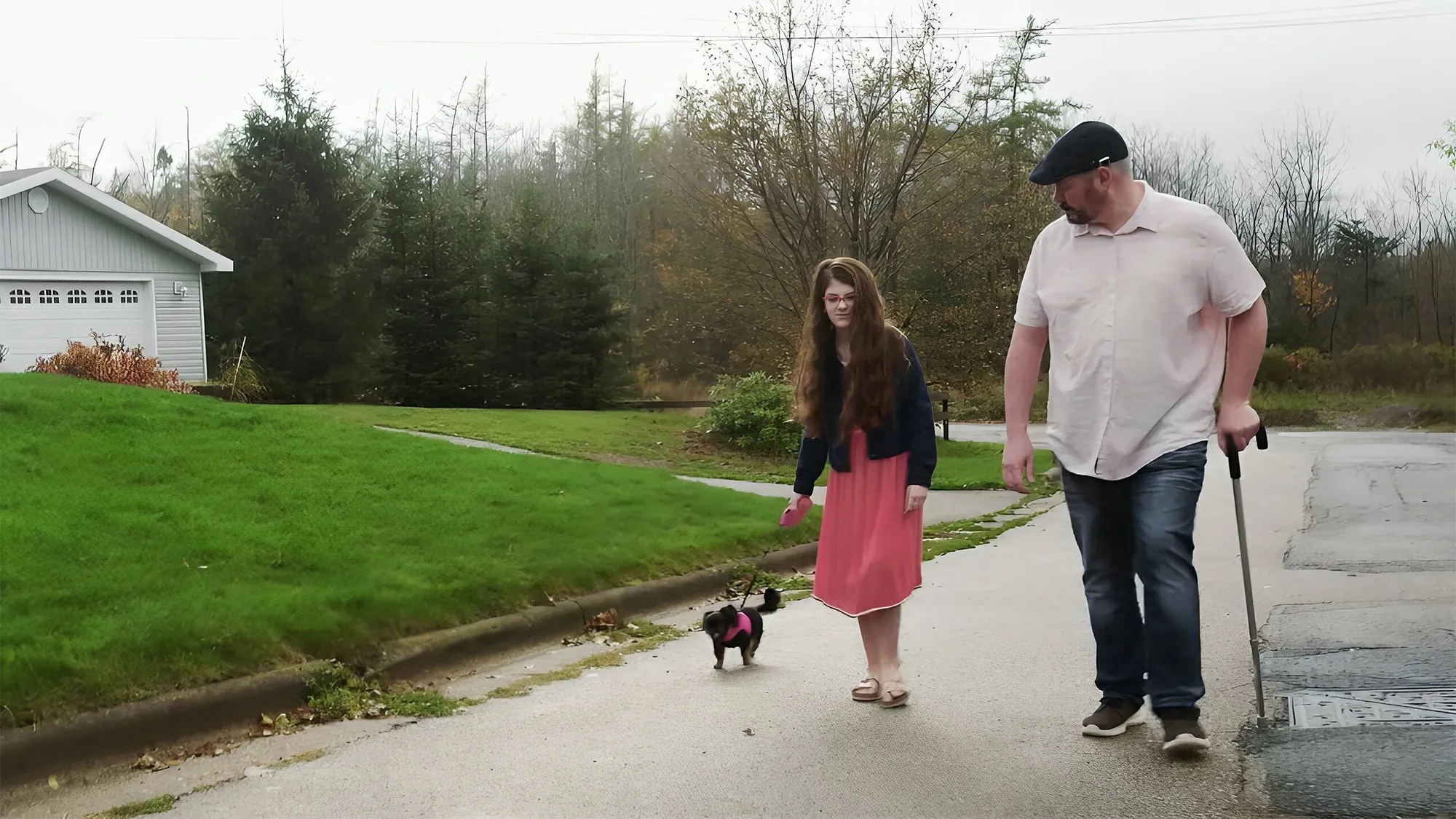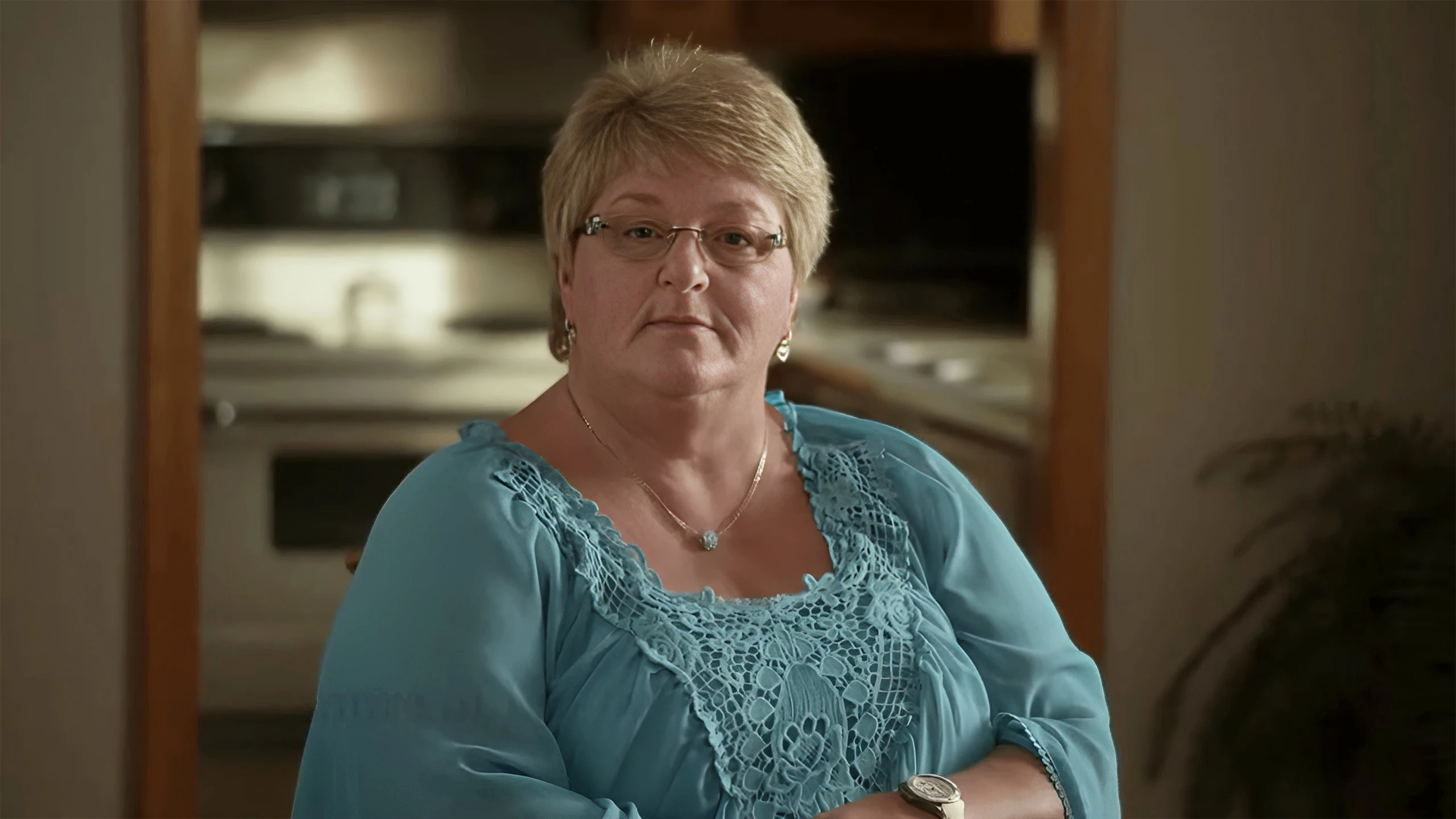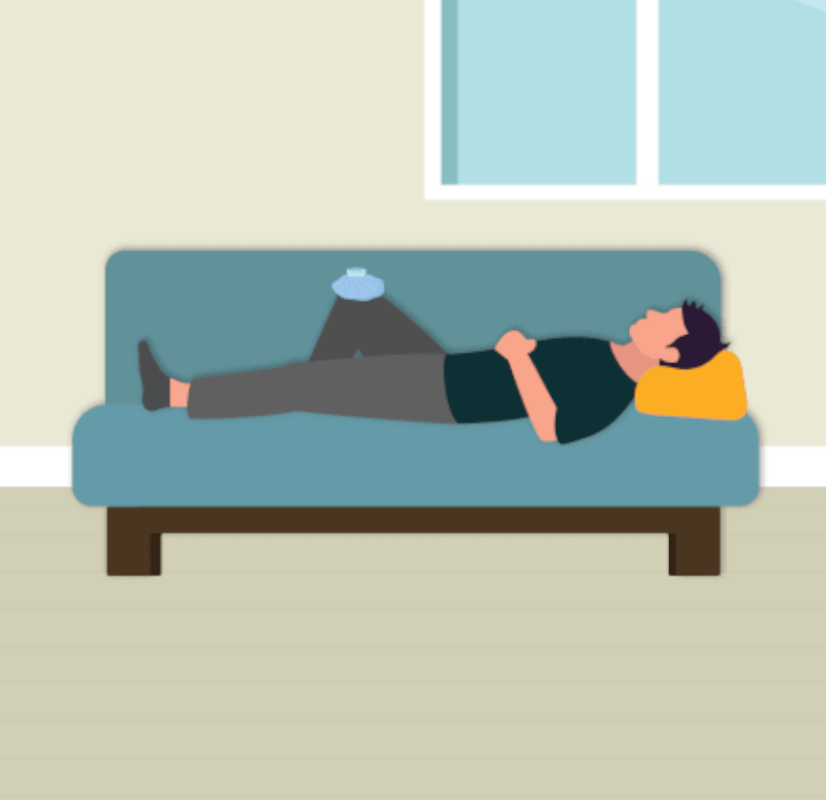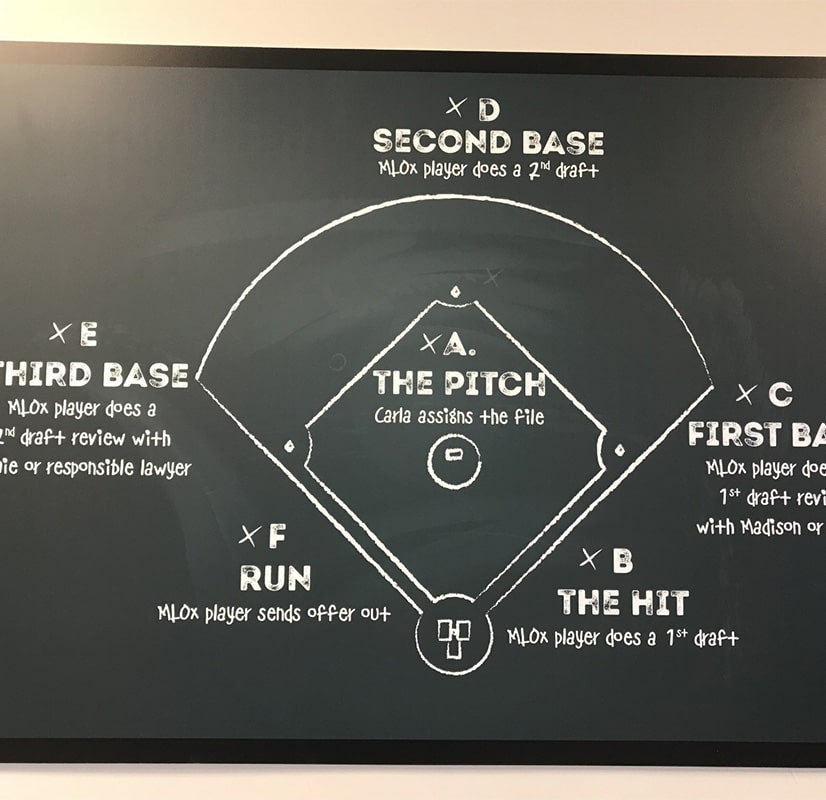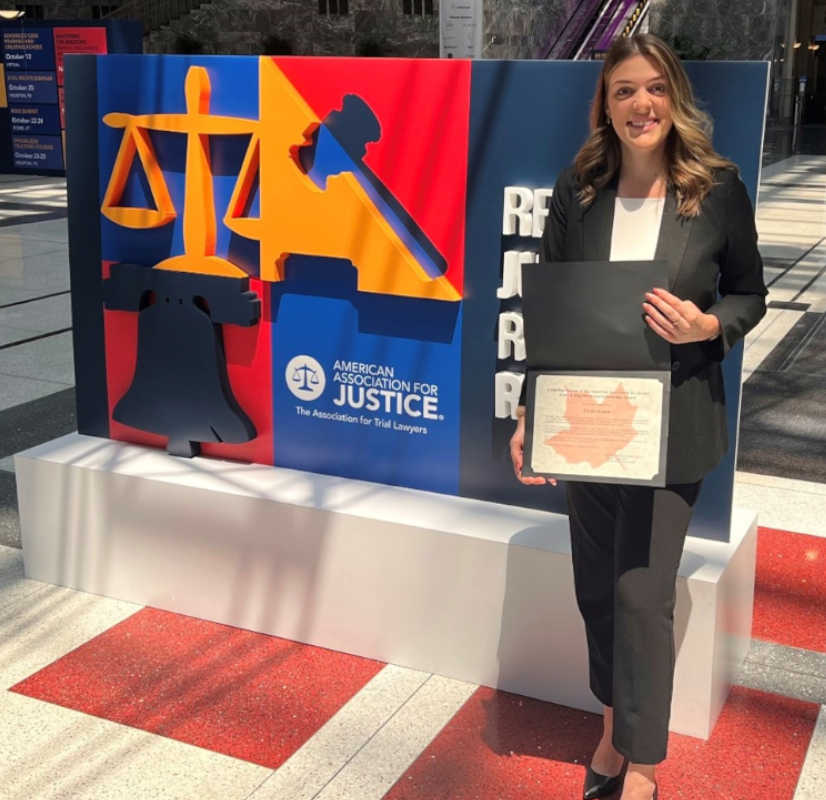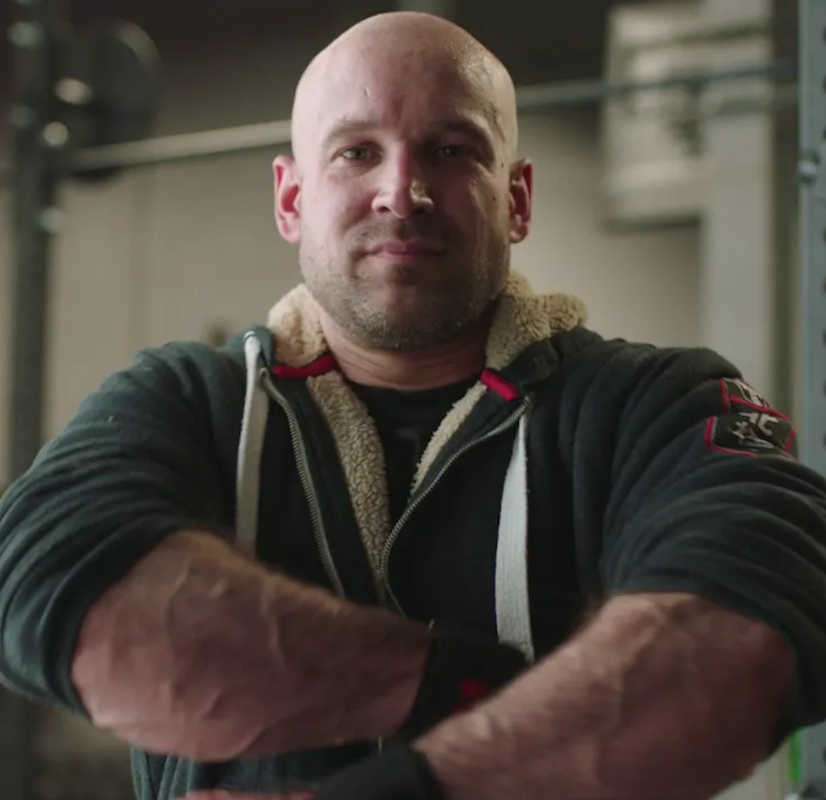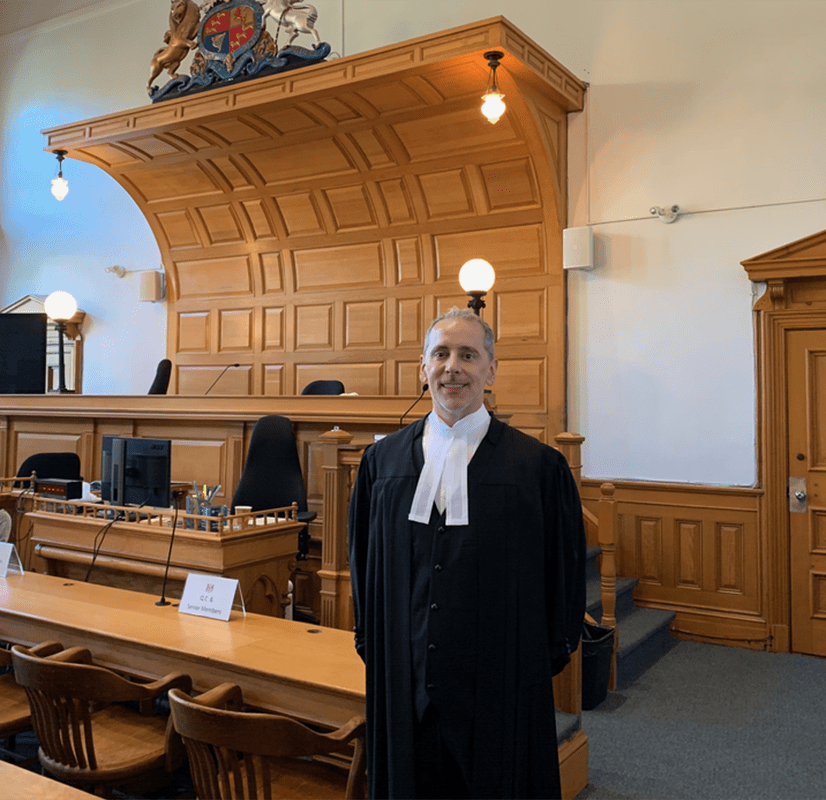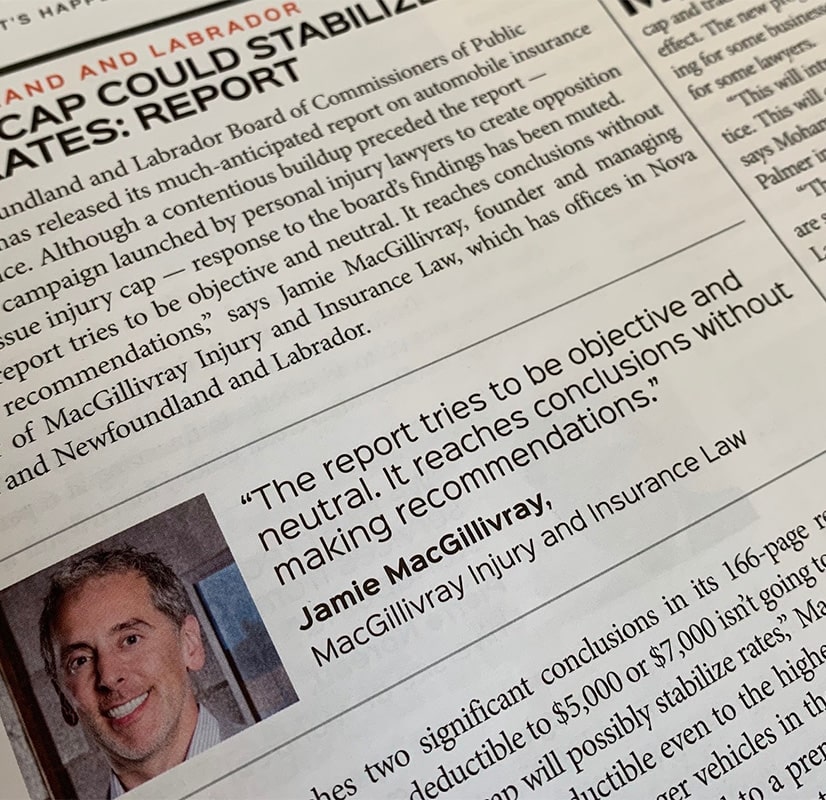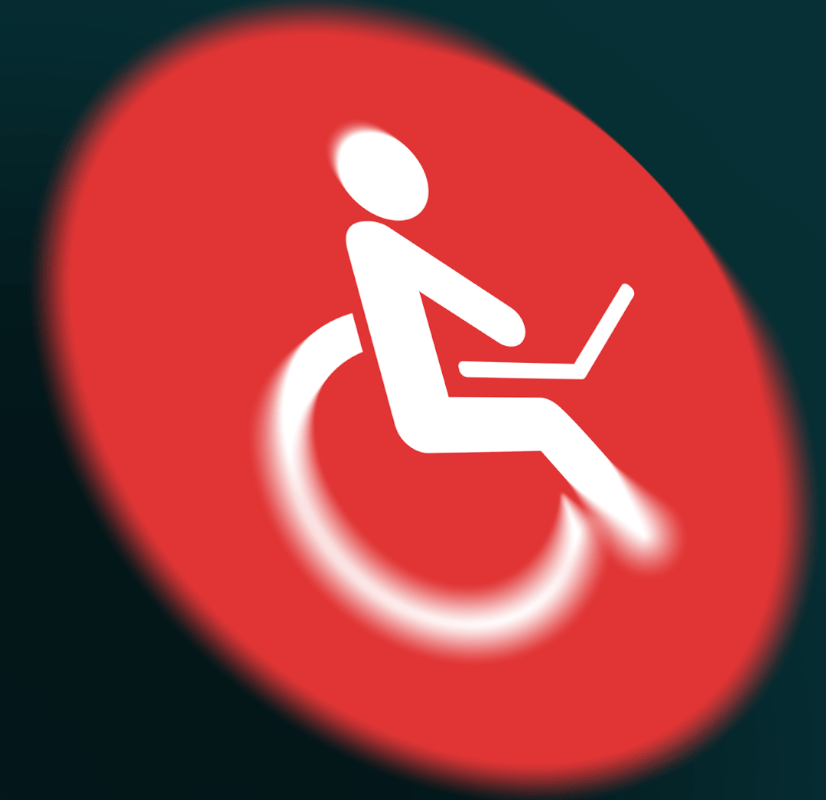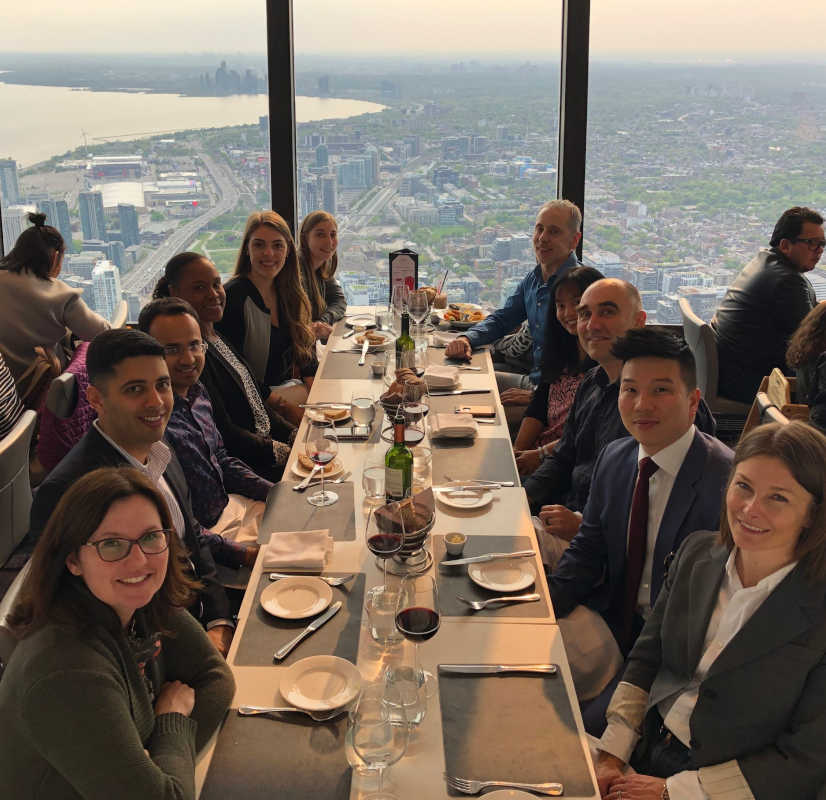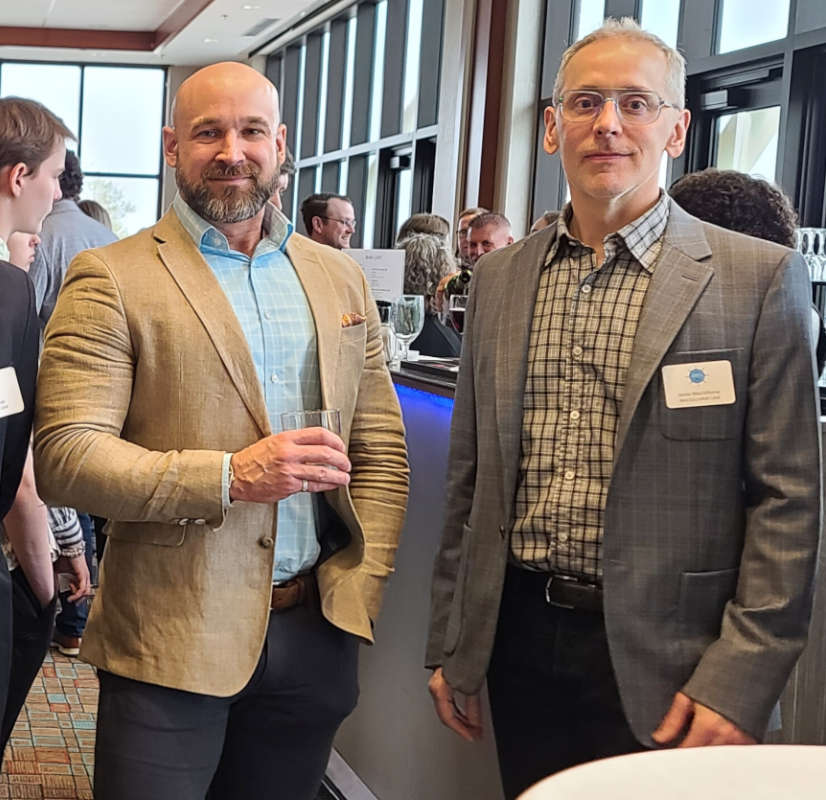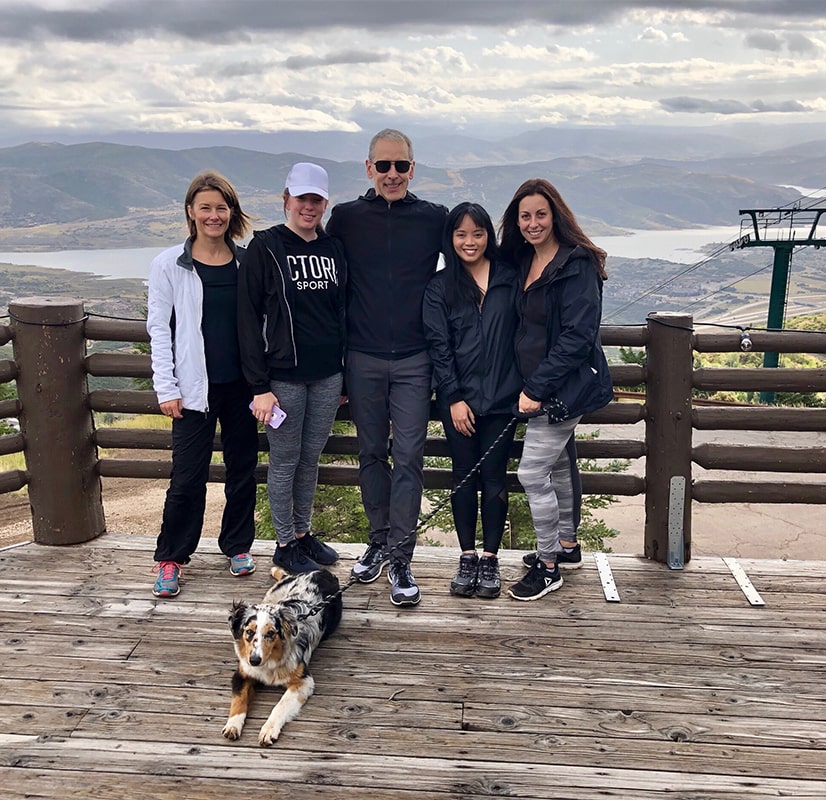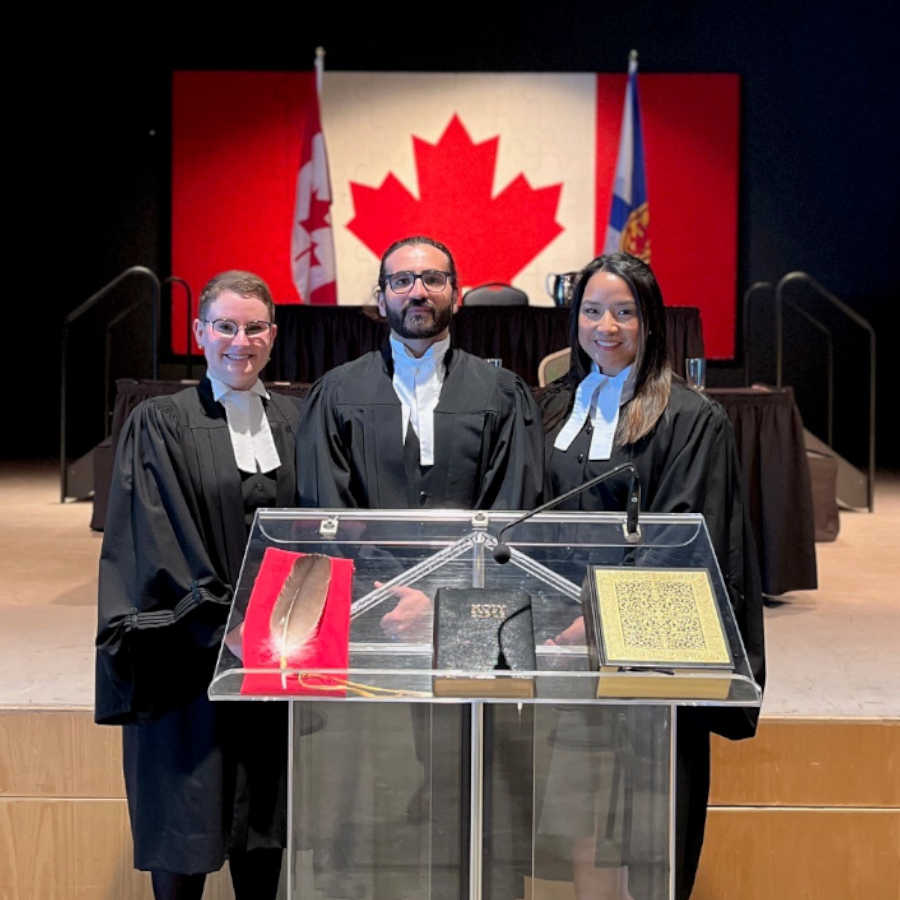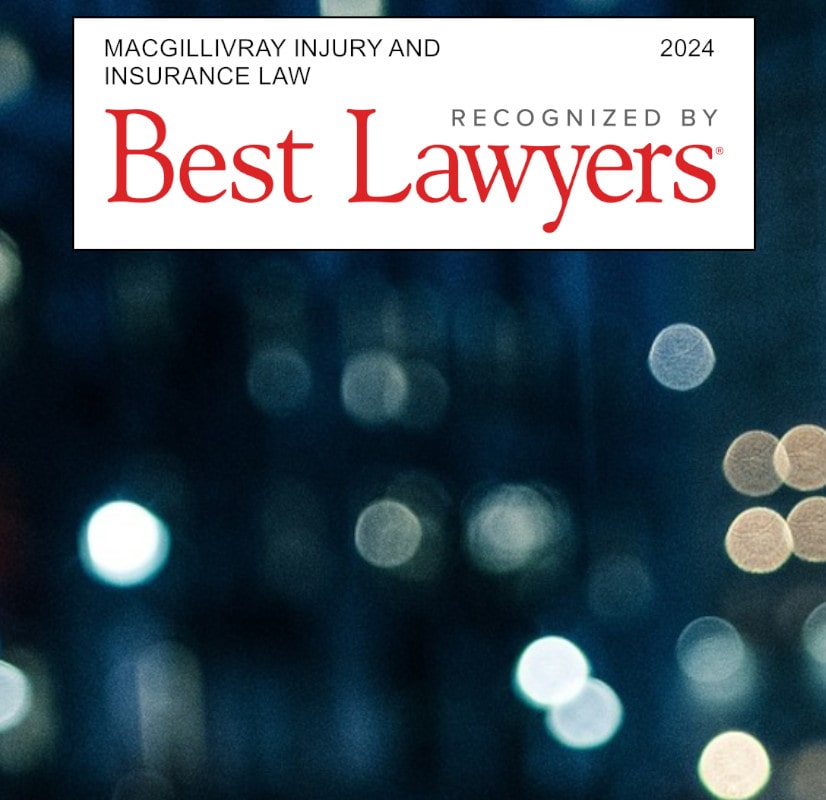Canada's Disability Law Firm
With 32 years of experience, MacGillivray Injury and Insurance Law helps Canadians whose long term disability benefits were denied or terminated.
$124,989,623
Total Settlements in 2024
1,500+
Settled Files
1,300+
5 Star Google Reviews
36
LTD Lawyers
15
Languages spoken
If your insurance company denied or terminated your long term disability benefits, you may wonder:
Do I qualify for long term disability benefits?
Is it worth getting a lawyer?
What do I do when my LTD benefits are cut off?
Can I apply for Canada Pension Plan Disability (CPPD) if I receive LTD benefits?
When should a lawyer get involved in a disability claim?
How does long term disability work and
what do I have to tell my employer?
Do I have to return to work?
Can social media posts impact my LTD claim?
who we are
For 32 years, we have been helping Canadians get long term disability benefits started or reinstated.
Having your long term disability denied or terminated by an insurance company can be a stressful experience. Our lawyers will help you determine the best course of action to have your benefits reinstated or dispute a denied claim. We understand that dealing with insurance companies, recovery, and the possibility of returning to work can feel overwhelming, which is why we provide experienced legal guidance throughout the entire process.


why macgillivray
Ask Our Peers
ltd issues we work with
Understanding the Issues That Can Arise With LTD Claims
Long Term Disability (LTD) benefits are monthly payments you receive from an insurance company when you are unable to work for medical reasons, typically provided as a group insurance plan through your employer or union. You can also buy individual Long Term Disability policies from a broker if you are self-employed or not covered by a group insurance policy through your employer.
Denied Claims
When LTD insurers deny payments to a person who has applied, often claiming there is not enough evidence to support that you cannot work.
Terminated Benefits
When the LTD insurer terminates benefits for a person who has already been receiving LTD benefits.
"Own Occupation" vs "Any Occupation" Disputes
Many policies provide "own occupation" coverage for the first two years and after that you must be disabled from "any occupation."
Chronic Pain and Mental Health Claims
Some disabling conditions cannot be proven through objective evidence like x-rays or CT scans. Chronic pain and psychological diagnoses are often reliant on subjective reporting.
Recovery Plan Compliance
Issues arising when insurance companies claim you haven't followed recommended treatment plans.
Subrogation Issues
When you're receiving LTD benefits and also pursuing a personal injury claim from an accident.
Social Media Impact
When insurance companies use your social media posts against your claim.
Pain Threshold Questions
If you can struggle through a workday, but it causes you significant pain, either during or after your workday, you may be entitled to Long Term Disability insurance. If working results in an unreasonable amount of pain, you might not be medically fit to work. You shouldn’t be expected to work at a job that causes you significant pain.
Alberta
Manitoba
Newfoundland & Labrador
Nova Scotia
Ontario
Yukon
British Columbia
New Brunswick
Northwest Territories
Nunavut
Prince Edward Island
Saskatchewan
Our People
Meet Our Long Term Disability Lawyers
What Our Clients Say...
ltd calculator
What Is My Long Term Disability Claim Really Worth?
Factors that affect your LTD benefits:
The age to which benefits are payable (commonly to age 65, but varies by policy)
The amount of your monthly LTD benefit (usually a percentage of your income)
The definition of "total disability" in your specific policy
Offsets such as Canada Pension Plan Disability (CPPD) or Workers' Compensation benefits
our process
Legal Options When LTD Benefits Are Denied or Terminated
If your LTD benefits have been denied or terminated you have two options:
Internal Appeal
Writing to the LTD insurer and going through their internal appeals process. Internal appeals have deadlines set out in your denial letter.
Lawsuit
Sue your LTD insurer for breach of contract. Lawsuits typically must be filed within two years (varies by province).
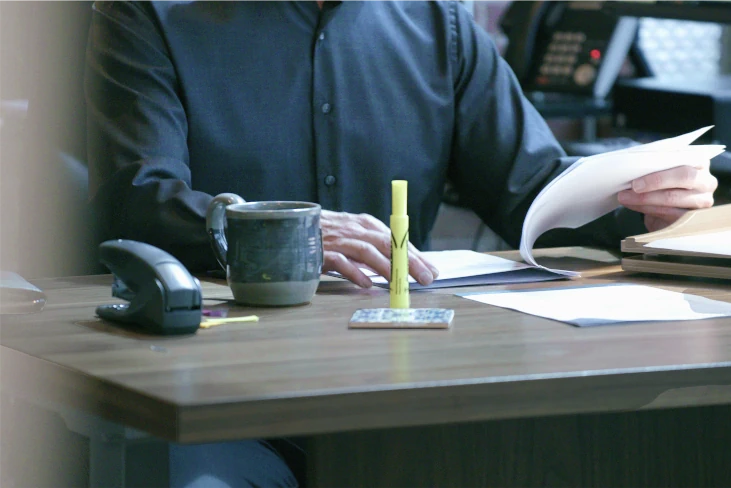
Evidence Compilation
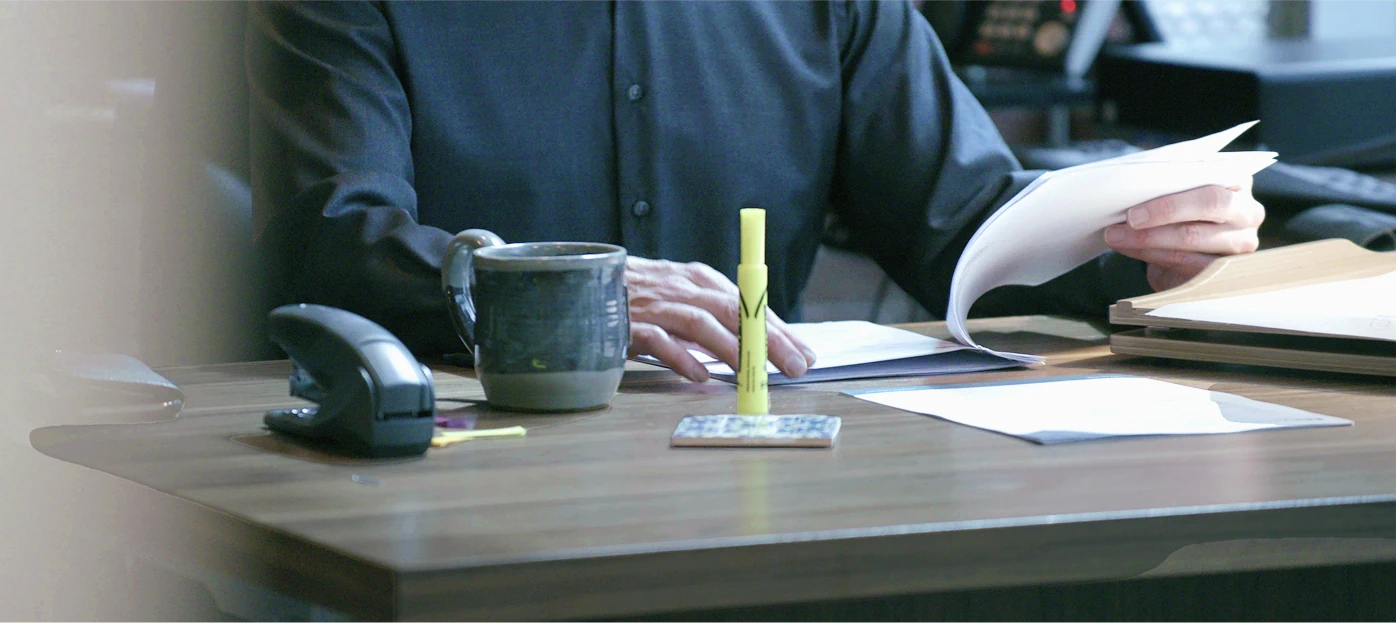
We know the right questions to ask your doctors to compile the best evidence in support of your disability claim.
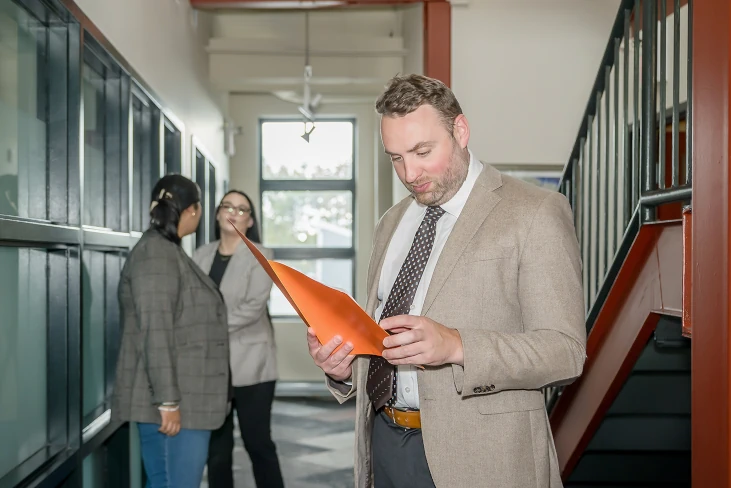
Medical Examination

Where necessary, we refer you to specialist doctors who provide Independent Medical Examinations.

Legal Research

We conduct thorough legal research related to disability policies.

Court Proceedings
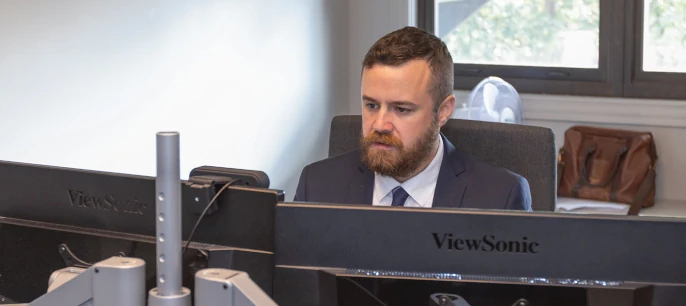
We help move cases towards resolution by meeting Court deadlines and pushing cases toward resolution.
our process
Settlement Options
Reinstatement of Benefits
The resumption of your regular benefit payments after they've been stopped.
Lump Sum Settlement
A one-time payment representing the total of your insurance policy, including back benefits and future disability payments.
Frequently Asked Questions
You can always apply for CPPD benefits. If approved for both, you can draw from both sources, but CPPD benefits might be subtracted from your LTD policy benefits through a process called ‘offsetting.’
Yes, if you have been denied LTD benefits, a lump sum settlement may be available. This represents the total of your insurance policy, including back benefits and future disability payments.
If you do not participate in recommended recovery programs, your insurance company might stop your benefits. It’s important to follow medical advice, and if you disagree with recommendations, get a second opinion.
Yes, insurance companies can access your social media posts and use them against you. It’s important not to post content that contradicts your disability claims.
“Own occupation” means you cannot perform the duties of your specific job. “Any occupation” means you cannot perform duties of any job you’re reasonably suited for by education, training, or experience.
- Closure and certainty
- Tax advantages (future benefits portion is not taxable)
- Freedom to return to work without reporting to insurance company
- Security for your family
Your LTD insurer might be entitled to a portion of any settlement you receive through a process called ‘subrogation.’ We can help coordinate between your LTD claim and personal injury case.









